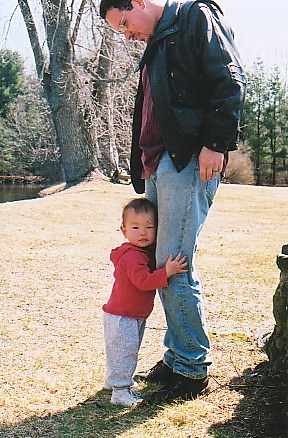🦋 Craft

No amount of sweetness today can diminish the bitterness of tomorrow.
Saramago has been telegraphing the lesson of the book -- that the public who resign themselves to the easy, isolated world of The Center, who choose for themselves/allow to be chosen for them mass-produced plastic dinnerware over Cipriano Algor's pottery, are blinding themselves to the beauty of reality in the same way as Plato's troglodytes -- pretty clearly and strongly, beginning early in the book and getting quite explicit toward the end. And that's not even a particularly new point -- it would be difficult for me to come up with names of books where I've read this kind of thing before but it seems pretty commonplace to me. So in a way, the book should seem sort of like a train wreck, grinding inexorably toward a conclusion you already know.And yet: somehow that is not at all what the experience of reading the book is like. It is not only beautifully written, it is also surprising for all you have a pretty good idea going in, what the general structure will be. When Cipriano says, "Those people are us," my impulse was to say "Well duh" -- but when he says a few sentences later, "You must decide what to do with your own lives, but I'm leaving," my reaction was one of palpable relief. Saramago has crafted his story well enough that I am included in its ups and downs almost despite myself. I'm a little torn about the ending. It has a certain Thelma & Louise quality to it that feels like it might be less true to the characters than is the rest of the novel. I see Saramago called deeply pessimistic, and there is a lot of darkness in the world of his books; but this ending is so optimistic that I would call it romantic.* And, well, in a way I guess I'm grateful to him for that. I'm glad my memory of the novel will be of Cipriano's and Marta's and Marçal's rebellion from The Center, of Cipriano's and Isaura's tears of reunion rather than of Cipriano's bleak, lonely tears. I'm not sure how this affects the philosophical message of the book though -- if the only way you can rebel from The Center is to turn to romantic fancy, how much real hope is there?
 * The ending of Blindness is also, certainly, hugely optimistic; but the darkness of Seeing keeps me from thinking of the first book as romantic.
posted evening of Monday, July 28th, 2008
➳ More posts about The Cave
➳ More posts about José Saramago
➳ More posts about Readings
|






